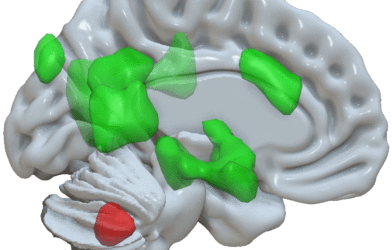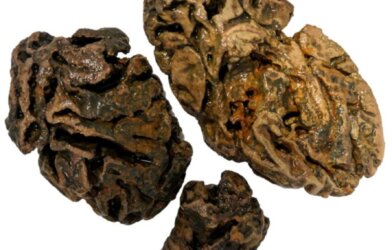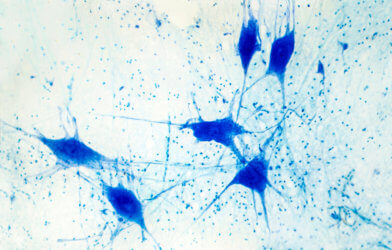Scientists have not yet discovered the fountain of youth, but they may have landed in a close second. A new animal study finds that vitamin K is beneficial for protecting against age-related cognitive declines that are frequently observed in many types of dementia, including Alzheimer’s.
Vitamin K1 is found in leafy greens such as kale and spinach. Vitamin K2 is found in a variety of meats, cheeses, and eggs. Prior research has speculated that vitamin K plays an important role in the brain, as vitamin K deficiencies are correlated with dementia.
“Vitamin K2 demonstrated very promising impact in hindering aging-related behavioral, functional, biochemical and histopathological changes in the senile aging brain,” says Mohamed El-Sherbiny, PhD, of AlMaarefa University in Saudi Arabia, the study’s senior author in a media release. “Vitamin K2 can be proposed to be a promising approach to attenuate age-related disorders and preserve cognitive functions in aging individuals.”
The team used rats to study the impact of vitamin K2 starting from 3-month-olds — in rat years they are already mature adults — to 17 months. A separate group of rats did not receive the vitamin K supplement.
After reaching 17 months of age, the researchers placed the rats in a series of cognitive tests that tested their memory and learning. Rats that received the supplemental vitamin K2 showed better learning ability and spatial tests. Afterward, the team took the brains of each rat and studied their tissue to better understand the biological pathways vitamin K may have helped preserve in old age.
They report that vitamin K helped maintain pathways involving the proteins NLRP3, caspase-1, and Nrf-2. All of these proteins have antioxidant properties and help with inflammation. Vitamin K also increased the expression of an amino acid called tyrosine. Tyrosine helps to preserve cognitive function.
While vitamin K has many health benefits, the researchers caution people do not jump to conclusions that vitamin K is the cure for neurodegenerative diseases. More studies on vitamin K are necessary to see if the current findings are translatable to humans.
The researchers presented their findings at the American Association for Anatomy annual meeting during the Experimental Biology (EB) 2022 meeting.












